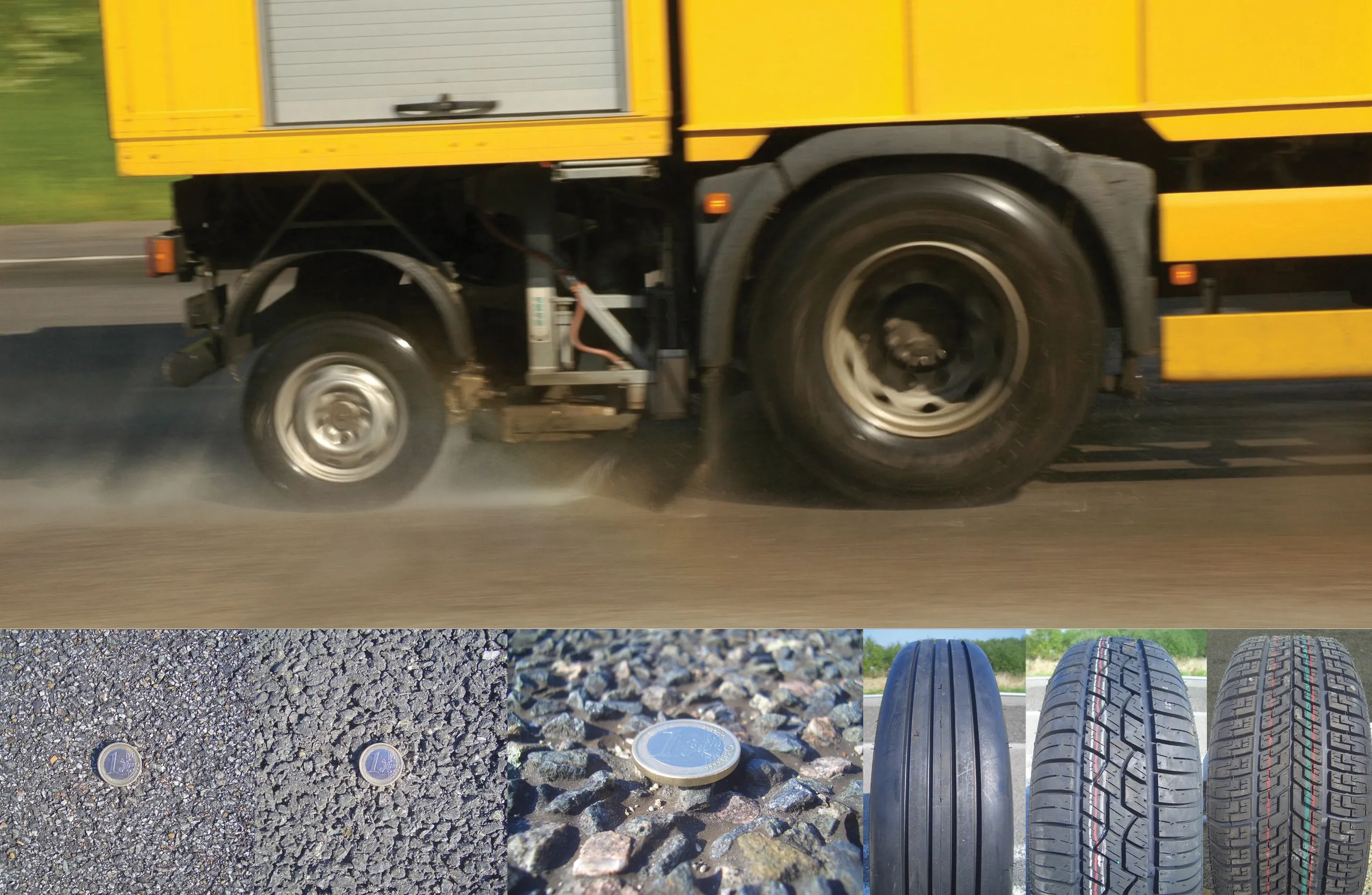In a new project that began last month, Europe is taking a significant step to scientifically underpin the estimation of CO2 emissions. The project, Amitran, will develop a methodology to assess the impact of ICT (information and communication technologies) and ITS on CO2 emissions from the transport sector.
April 26, 2012
Read time: 2 mins
RSSIn a new project that began last month, Europe is taking a significant step to scientifically underpin the estimation of CO2 emissions. The project, Amitran, will develop a methodology to assess the impact of ICT (information and communication technologies) and 3278 ITS on CO2 emissions from the transport sector. It will run for 30 months until April 2014, and is co-funded by the 7th Framework Programme of the 2465 European Commission (DG INFSO). The total project budget amounts to €2.6 million. Seven organisations will cooperate as part of Amitran’s consortium: 1427 TNO Defence (coordinator, the Netherlands), 5271 PTV – Planung Transport Verkehr (Germany), 4141 Ertico – ITS Europe (Belgium), 1582 Tecnalia (Spain), 5272 DLR – Germany National Research Centre for Aeronautics and Space (Germany), 5273 Ecorys (the Netherlands), and 5274 TeamNet (Romania).
According to Gerdien Klunder, Amitran’s coordinator and a researcher at TNO, the project was set up because there is no consistent methodology allowing scientists to estimate potential CO2 emissions that the deployment of ITS technologies could reduce, and this information is critically important for decision makers, for example, in the context of climate change agreements.
With the launch of the White Paper Roadmap to a Single European Transport Area, the European Commission has proposed the ambitious target of reducing greenhouse gas emissions from the transport sector by 60 per cent for the period 1990-2050. Since present transport emissions are 27 per cent above 1990 levels, this will be particularly difficult to achieve. This is where the value of ICT measures come into their own by helping transport to become less carbon intensive and more efficient. Amitran is perfectly aligned to this goal as it will develop scaling-up methodologies that estimate impact on a European level by extrapolation from local results.
The final result of the project will be a checklist and handbook that can be used as a reference for future projects to assess the ITS benefits in terms of CO2 emission reductions. The handbook will cover both passenger transport and freight through a multimodal perspective (road, rail, and ship – short sea and inland navigation). Both the checklist and the handbook will be publicly available online along with supporting documentation.
According to Gerdien Klunder, Amitran’s coordinator and a researcher at TNO, the project was set up because there is no consistent methodology allowing scientists to estimate potential CO2 emissions that the deployment of ITS technologies could reduce, and this information is critically important for decision makers, for example, in the context of climate change agreements.
With the launch of the White Paper Roadmap to a Single European Transport Area, the European Commission has proposed the ambitious target of reducing greenhouse gas emissions from the transport sector by 60 per cent for the period 1990-2050. Since present transport emissions are 27 per cent above 1990 levels, this will be particularly difficult to achieve. This is where the value of ICT measures come into their own by helping transport to become less carbon intensive and more efficient. Amitran is perfectly aligned to this goal as it will develop scaling-up methodologies that estimate impact on a European level by extrapolation from local results.
The final result of the project will be a checklist and handbook that can be used as a reference for future projects to assess the ITS benefits in terms of CO2 emission reductions. The handbook will cover both passenger transport and freight through a multimodal perspective (road, rail, and ship – short sea and inland navigation). Both the checklist and the handbook will be publicly available online along with supporting documentation.






